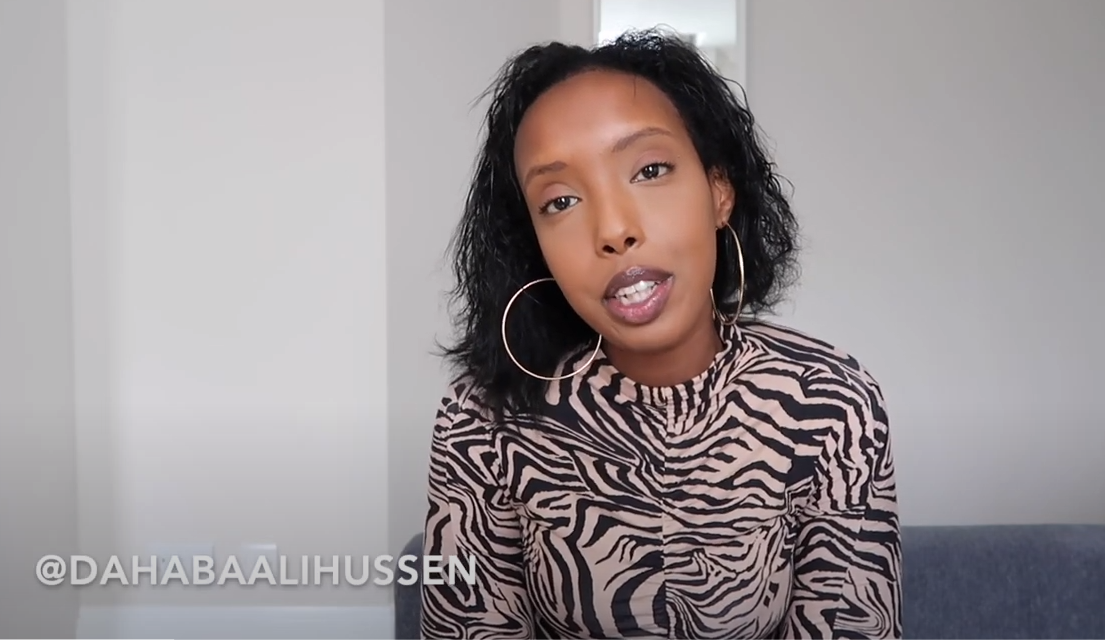I talked about drinking alcohol as a Muslim woman on TikTok – the response shocked me
There were hundreds of comments beneath my video telling me that I was going to hell, that I was a whore, and that I was no longer Muslim or Somali


I am a feminist – and a Muslim woman. I have always been outspoken about my feminist beliefs, and in my later adult years have tried to live an authentic and unapologetic life. I wanted to stop hiding my life choices, and so this week I posted a TikTok about the first time I tried alcohol in my university years.
I promptly forgot about the video and went off to a Boom Cycle class with one of my best friends. When I got back to my flat, I saw that I’d gained a few subscribers on YouTube and one of the comments prompted me to check TikTok. As soon as I opened the app, my heart plummeted.
There were hundreds and hundreds of comments beneath my video telling me that I was going to hell, that I was a whore, and that I was no longer Muslim or Somali. A few years ago, I probably would have deleted the video, but today my resolve is much stronger.
As a young girl, I knew early on that my feminist views were going to be met with some resistance from members of my own community. A lot of nuclear Somali families are patriarchal in essence; and I grew up in a semi-strict Somali household, so was never taught to fully express myself or have any free will or agency.
Now, as a freelance multimedia journalist, part of my job entails growing an online platform. Over the course of the past year, I have gone viral on a few occasions whenever I have posted a work or career update on some of my social media channels.
This is great, right? Well, yes and no. Whenever I see a tweet doing particularly well, I’m filled with a mixture of emotions. While on the one hand I am pleased that I am getting recognition for my hard work, I am also very tense, because I know that the first pieces of engagement I will get will always be distasteful comments from men (and some women, but predominantly men) in my own Muslim, Somali community here in the UK.
“Cover up”, “you look like a whore” and “you’re not Somali if you don’t wear the hijab” are some of the most common comments I receive. To contextualise, I identify with the Islamic religion but I don’t wear a hijab. Furthermore, like many other young women my age, I have a penchant for crop tops and miniskirts on a night out.
The Somali community in the UK identifies so strongly with the Islamic religion that if I don’t appear to be “Muslim” enough for some of these men, then they not only attempt to ostracise me from my religion but from my culture altogether. This feels like a special kind of erasure, reserved solely for Somali-Muslim women because of the community’s strong connection to religion.
Although I am shocked and sickened by the comments, I refuse to hide or change the way I communicate online. By sinking into the shadows I would only be reinforcing these archaic and sexist views about women that have deep-seated patriarchal roots. I have no doubt that the people behind those comments want me not to share my experiences – and I will not be bullied into hiding my life choices or living my life for anyone else.
To keep up to speed with all the latest opinions and comment sign up to our free weekly Voices Dispatches newsletter by clicking here
On my YouTube channel, I started creating content about sex, sexuality and Somali women to normalise these vital conversations, because I feel like if I had someone speaking about these issues when I was younger it would have helped me a lot. I also feel strongly that if more women of Somali heritage stand up and make themselves visible, we can fight back against some of the more pernicious Somali men who hide behind their keyboards.
It can be an exhausting struggle, especially when you exist at the intersection of so many conflicting identities. The discrimination I get from my own community is compounded by being a Black, Somali, Muslim woman living and working in the UK, with all the subtle and unsubtle forms of discrimination that comes with being from a marginalised community.
What emboldens me to continue normalising these conversations and breaking these stigmas is the amount of messages I receive from young women of Somali heritage telling me how much I make them feel seen, and how relatable my content is.
And reader, that makes all of the trolling seem minuscule in comparison.

Join our commenting forum
Join thought-provoking conversations, follow other Independent readers and see their replies